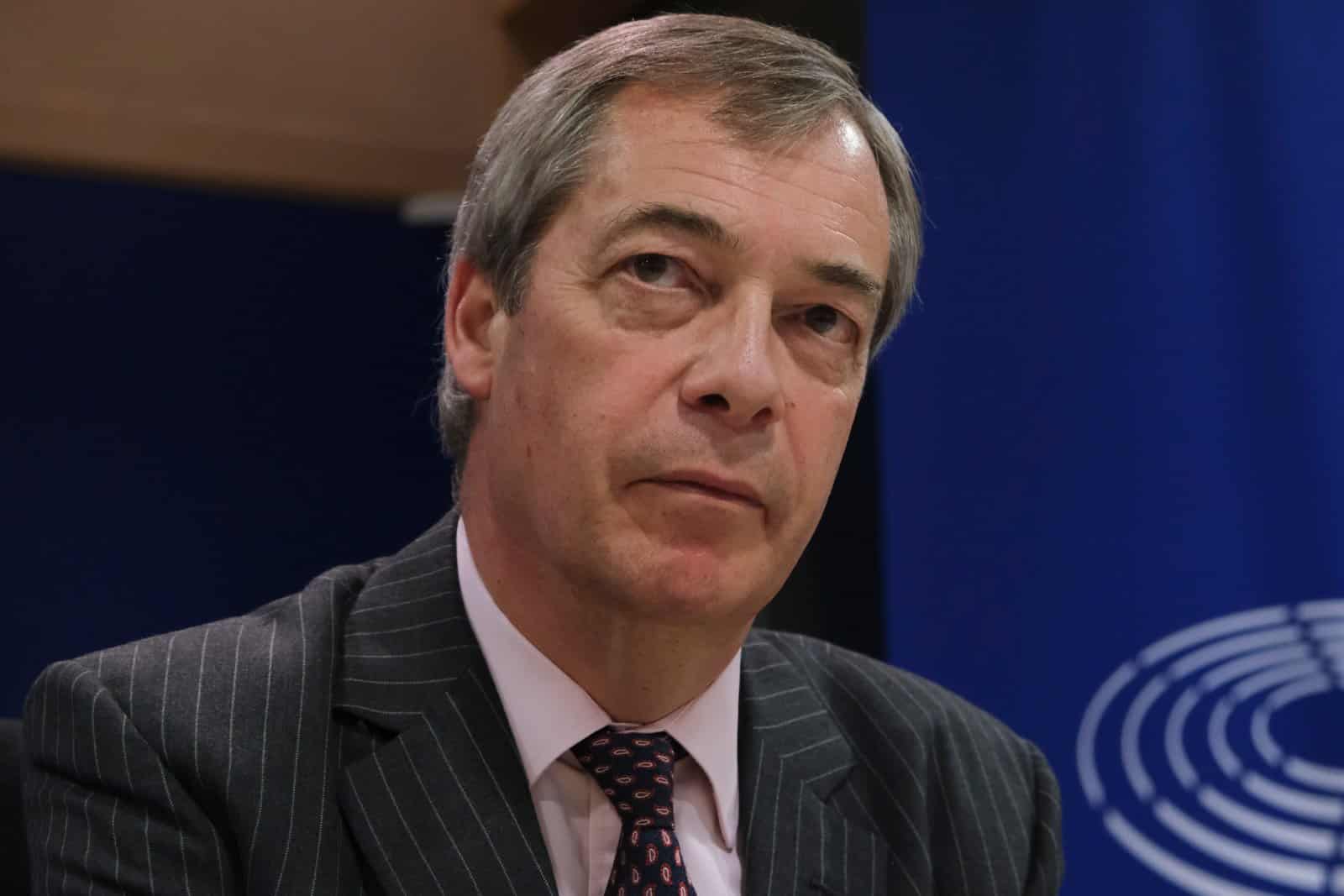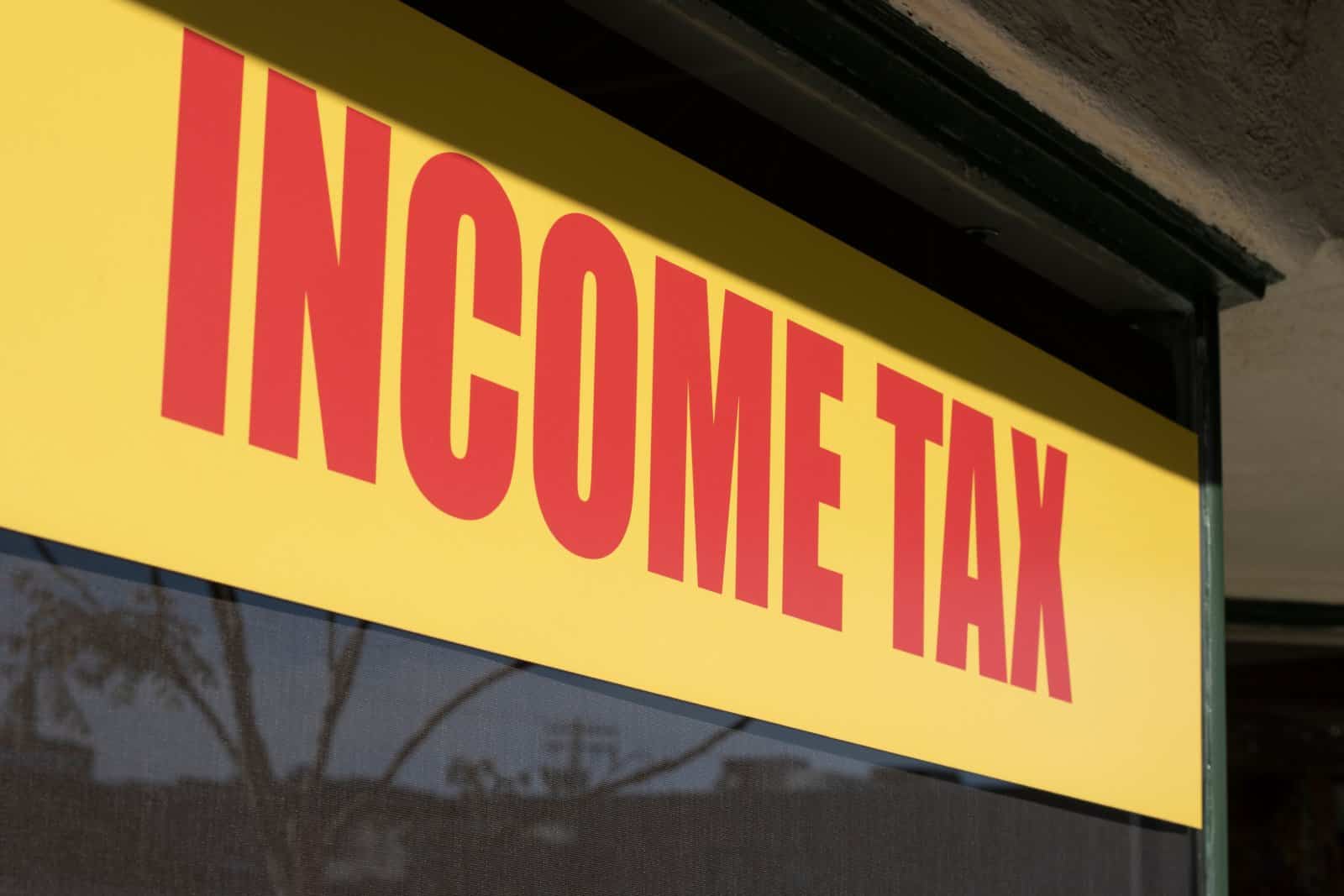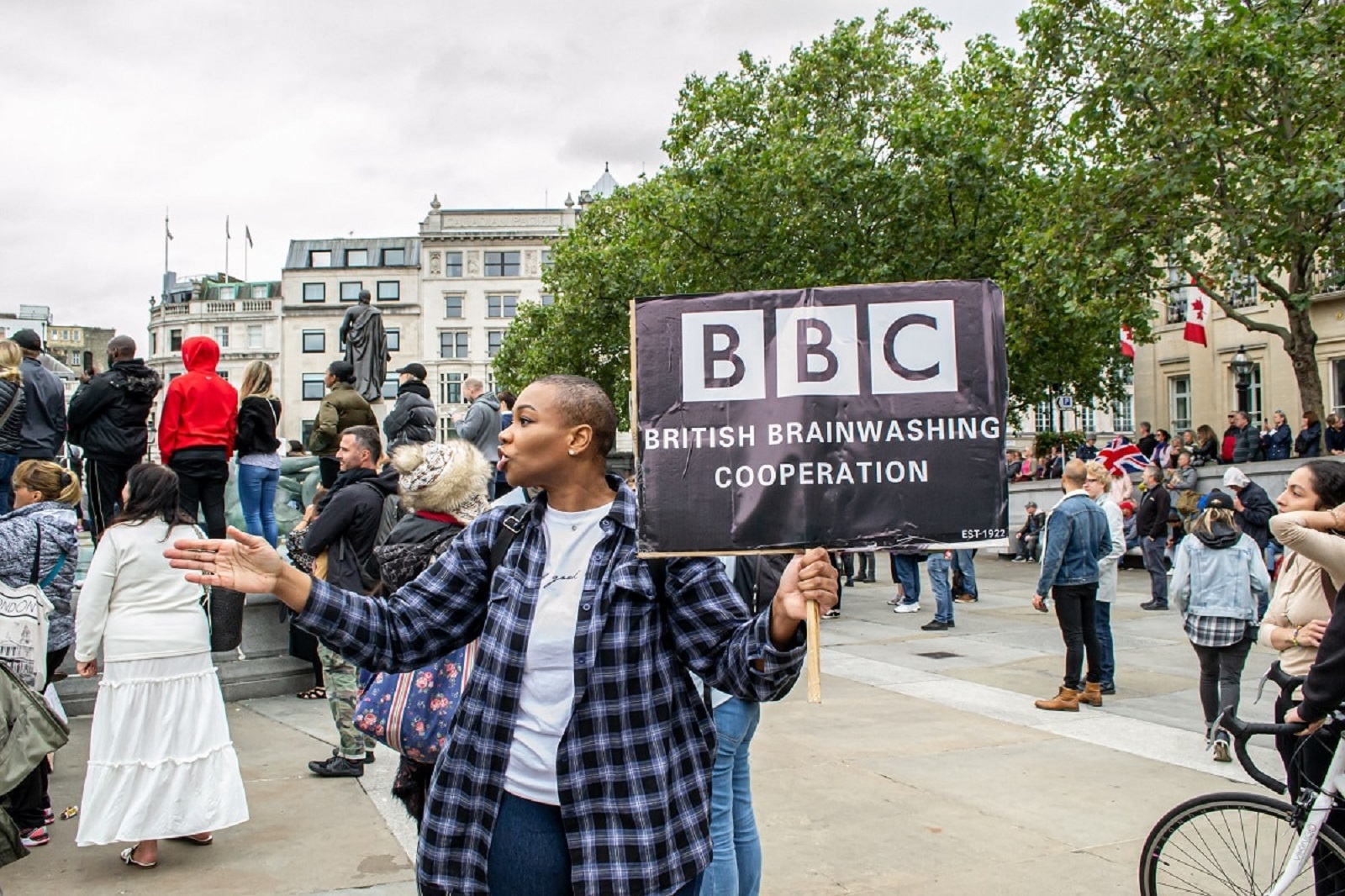Reform UK’s recent manifesto launch has been met with criticism only hours after publication. Here’s the full story.
Storm of Criticism

Reform UK’s recent manifesto launch has been met with a storm of criticism and controversy even before it was introduced.
Sweeping Tax Cuts

Reform UK, led by Nigel Farage, unveiled its ambitious manifesto promising sweeping tax cuts and significant reductions in public spending.
Raising Income Tax Threshold

The manifesto outlined plans to raise the income tax threshold from £12,571 to £20,000 and the higher rate threshold from £50,000 to £70,000.
Abolishing Stamp Duty

Additionally, the party proposed abolishing stamp duty on properties worth less than £750,000 and inheritance tax on estates below £2 million.
Despite these promises, financial experts have expressed scepticism about the feasibility of these proposals.
“Extremely Optimistic Assumptions”

Carl Emmerson, deputy director of the Institute for Fiscal Studies (IFS), remarked, “Even with the extremely optimistic assumptions about how much economic growth would increase, the sums in this manifesto do not add up.”
He warned that such substantial tax cuts would necessitate “substantial cuts to the quantity or quality of public services,” far beyond the proposed £50 billion in savings from reducing public sector bureaucracy.
“Non-Essential” Immigration

Unsurprisingly, Reform UK’s manifesto also included stringent immigration policies, such as freezing all “non-essential” immigration and taxing companies that employ foreign workers.
The most controversial proposal from Reform UK was the suggestion that they would impose rules that would enable border police to “pick up illegal migrants out of boats and take them back to France.”
Draconian and Inhumane

These proposals have been severely criticised as draconian and inhumane by opponents who argue that they could lead to increased suffering for vulnerable populations.
Contentious Welfare Reforms

That is not the only controversial proposal in the manifesto, with one of the most contentious aspects being Reform UK’s approach to welfare.
Cutting Benefits

The plan includes cutting benefits for jobseekers who fail to secure employment within four months or decline two job offers.
“How Will People Survive?”

During a heated interview on Sky News, Dr David Bull, deputy leader of Reform UK, was asked by interviewer Kay Burley, “Jobseekers’ benefit withdrawn if they turn down two job offers, so how will people survive? What will they live on?”
After Dr Bull defended the policy, arguing that it was intended to encourage people to find work, Burley asked, “And what if they don’t… they can’t eat grass can they?”
“Have to Take Them”

Dr Bull responded, “Well they have to take them don’t they? They can’t sit at home and not do anything.” He added, “They should have coaches and mentors and taken into work.”
Burley was unimpressed with the suggestion that, as she put it, such people would be left to “starve themselves to death.”
Increased Poverty

Similarly, other critics suggest that such policies could lead to increased poverty and homelessness and do nothing to improve employment opportunities.
“Fascist”

Even before the manifesto’s launch, Reform UK faced some of their harshest criticism when the actor Brian Cox, on Laura Kuenssberg’s Sunday morning BBC show, labelled Nigel Farage “fascist.”
Cox stated, “I really do worry about the Conservatives, I really think Nigel Farage is not doing any good at all. I mean he’s really ruining that party and if I was a Conservative voter I would really be worried about what’s happening to my party.”
“Slightly Fascist”

He added, “I’m not a Conservative and I never will be a Conservative voter, I want to state that first and foremost, but I do worry about his influence and I find him slightly fascist quite frankly.”
Nationalist and Authoritarian

Cox’s remarks were rooted in his concerns over the nationalist and authoritarian tones of Farage’s policies, which he argued could undermine democratic values and social cohesion.
“Utterly Ridiculous”

While some praised Cox for his boldness, others, including TalkTV presenter Julia Hartley-Brewer, criticised his statement on Twitter as “utterly ridiculous.”
Political analysts have offered varied interpretations of the manifesto’s implications. Some see it as a desperate attempt to attract votes by appealing to populist sentiments.
Serious but Flawed

In contrast, others view it as a serious, albeit flawed, attempt to address economic and social issues.
Significant Doubts

Many financial experts have sceptically viewed the manifesto’s economic proposals. The Institute for Fiscal Studies (IFS) has cast significant doubt on Reform UK’s approach, stating that it is “unlikely to raise even half” of the projected amount.
“Save Less Than Stated”

The IFS’s assessment further suggests that the party’s “spending reductions would save less than stated, and the tax cuts would cost more than stated.”
Churned up the Political Waters

The launch of Reform UK’s manifesto has undoubtedly churned the political waters, provoking support and outrage.
As the nation heads towards a critical election, whether the electorate will agree with Reform UK’s numerous critics remains to be seen.
The post Farage’s Reform UK Manifesto Faces Backlash, Accused of Fascism first appeared on Swift Feed.
Featured Image Credit: Shutterstock / Michael Tubi.

